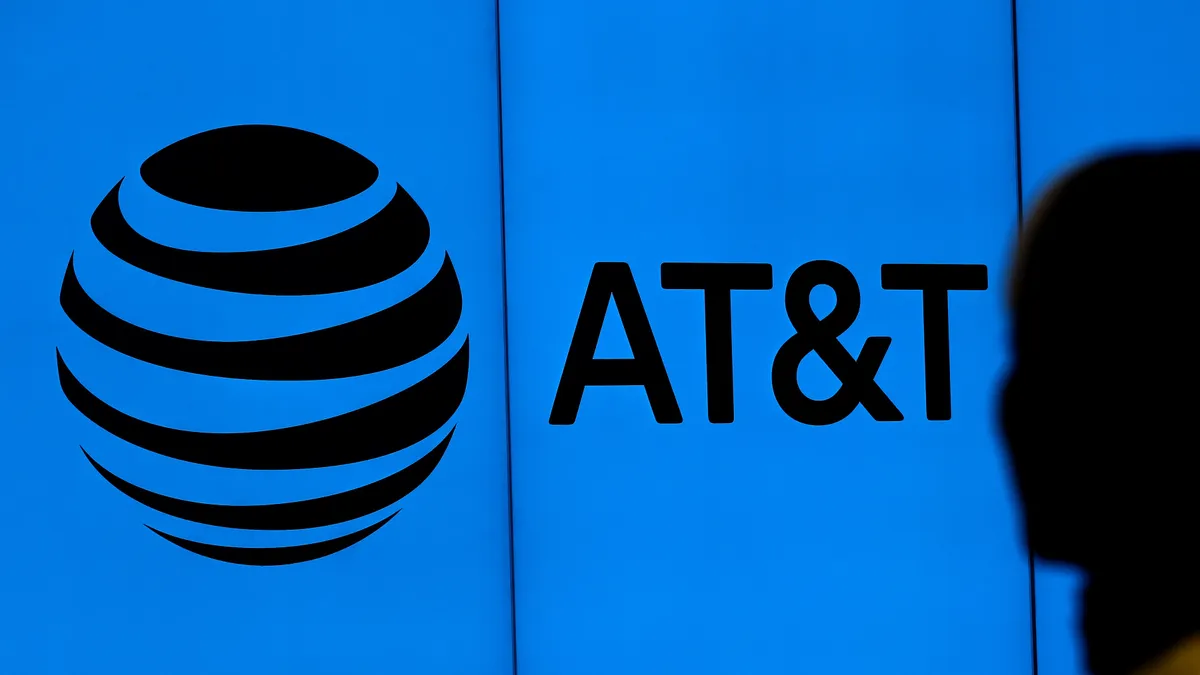Much of 2024 was spent — by HR, talent acquisition teams, employees and consumers alike — trying to make sense of DEI. While experts told HR Dive last year they expected an increased focus on people analytics, they also highlighted increased concern around compliance.
Sure enough, 2024 became the year conservative activists and advocacy groups threatened boycotts and vowed to pursue legal probes into companies’ DEI practices, claiming they were breaking the law. In some cases, the mere fear of legal repercussions or tanked profits arguably incited C-suite action, experts told HR Dive.
If Sandra Sims-Williams had to describe the past year in DEI succinctly, the word would be “panic” — more specifically, “a panic button that everybody was starting to push, namely because of [now-president-elect Donald] Trump and all the things that he was saying.”
Sims-Williams, who is Nielsen’s chief business inclusion, impact and belonging officer, expressed consternation about Republicans’ take on DEI and the “woke” agenda.
“The interesting thing for me, from my perspective, is that DEI was for everyone. It was misunderstood,” she said, highlighting that White men may feel pushed out of the circle.
“When you bring it up nowadays, people just sort of think it's all about people of color, LGBTQ+ people, people with disabilities, women. That it's not about everybody,” she added. “That's unfortunate, of course, that Trump and the party are leading that mindset.”
Sims-Williams noted that companies have started re-assessing their inclusion programs in the context of compliance. “I think a lot of companies have done what they need to do to legally. You have to be realistic about it, because after Roe vs. Wade [was overturned], we know what's happening,” she said. “There are legal pieces to this that we have to prepare for.”
So what else will happen in 2025?
“There is a tension right now with employers who really want to recommit to the work but have a lot of fear around it,” Rachel Marcuse, chief operating officer at DEI consulting firm ReadySet, told HR Dive. “There are employers who may not have ever been fully committed to the work and are able to use this [trend of rollbacks] as an excuse not to do the work.”
Like Sims-Williams, Marcuse emphasized the role of fear in business leaders’ decisions.
“I think that the letters D-E-I have become this boogeyman. We can't even all agree on what the meaning of those three letters is. I think that vagueness is actually a feature — not a bug — for the folks who are trying to stop this kind of progress,” Marcuse said.
“Not being specific really creates an environment of fear, where people are afraid to do just about anything that could be perceived as problematic in this DEI frame,” she added.
With its clients, ReadySet focuses on specificity around DEI work. Some questions any organizational leaders can ask themselves:
- What are the business problems or the business needs we're trying to solve for?
- Are we talking about recruitment?
- Are we talking about promotions?
- Are we talking about organizational culture?
- Are we talking about discrimination and harassment or bias?
- What is it specifically that we're talking about?
“We're seeing some success with our clients when we're able to do some reframing there and get really, really specific on what it is that we're trying to solve for,” Marcuse recounted.
Inclusion, belonging will continue to be a big deal
Beyond reminding all workers, particularly White men, that DEI work pertains to them, centering the word “inclusion” can help eliminate confusion. Employers like McDonald's and SHRM have done just that.
Adjusting a program name may also help with C-suite buy-in, Sims-Williams suggested.
“When you get leaders to pay attention, it has to do [with] the bottom line and how it's going to affect the business. Now mind you, in all of that, some of them have not considered the implications of being more inclusive,” she said, touching on how DEI benefits the business bottom line, too. “At the end of the day, we all want to get paychecks,” she added.
Marcuse echoed this sentiment.
“The majority of people, the majority of Americans, the majority of employees: They want cultures where they feel good and they feel like they belong,” she said.
Still, Marcuse emphasized the importance of outlining programmatic objectives clearly. “We've got to get really specific about what [DEI] means, given the politicization of these three letters that we can't all agree on,” she said.






















